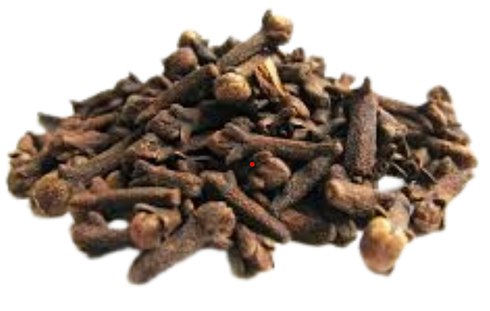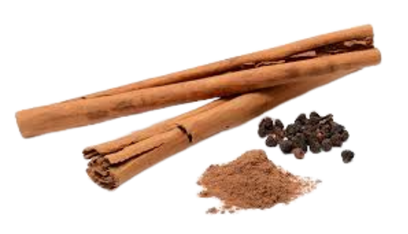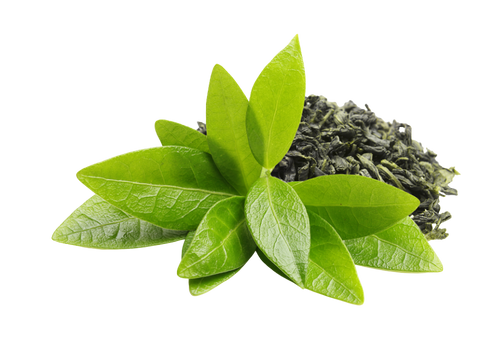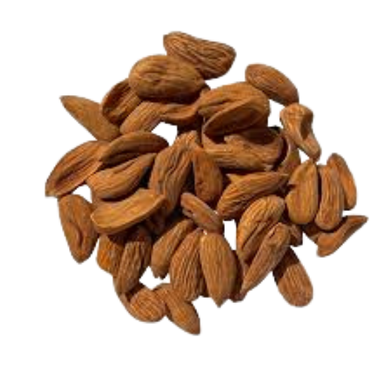
About Us
Born in the Kashmir Valley in 2018 and brought to Canada in 2025, Kashmir Organic imports only the highest quality products made from authentic Kashmiri ingredients.
Established in 2018, our sister company, Kashmir Organic Nuts is based in Mumbai and dedicated to sourcing premium grade authentic Kashmiri ingredients harvested by hand using traditional techniques and methods. Our products undergo very little processing to preserve the naturally occurring nutritional, medicinal and health benefits.
The brainchild of Rayees Yusuf and Ali Goni, Kashmir Organic Nuts has secured itself as a reliable source for high-quality Kashmiri products with a large selection of premium nuts, honey, dried fruits and nut oils; along with the core products Old Rock Shilajit, Premium 100% Pure Saffron, Kashmiri Green Tea and Shahi Kahwa Instant Green Tea.
Childhood friends, Rayees Yusuf and Rohin Raina grew up together in Srinagar, proud of their Kashmiri heritage. So, it was only natural that when Rohin relocated to Canada the two would reunite with the aim of bringing high-quality, authentic Kashmiri products to the North American market.
Re-envisioned and repackaged with a fresh look towards the Canadian market, our Kashmir Organic products maintain all their quality, freshness and nutrition delivering the authentic purity of Kashmir straight to you.
Our Mission
Our Vision

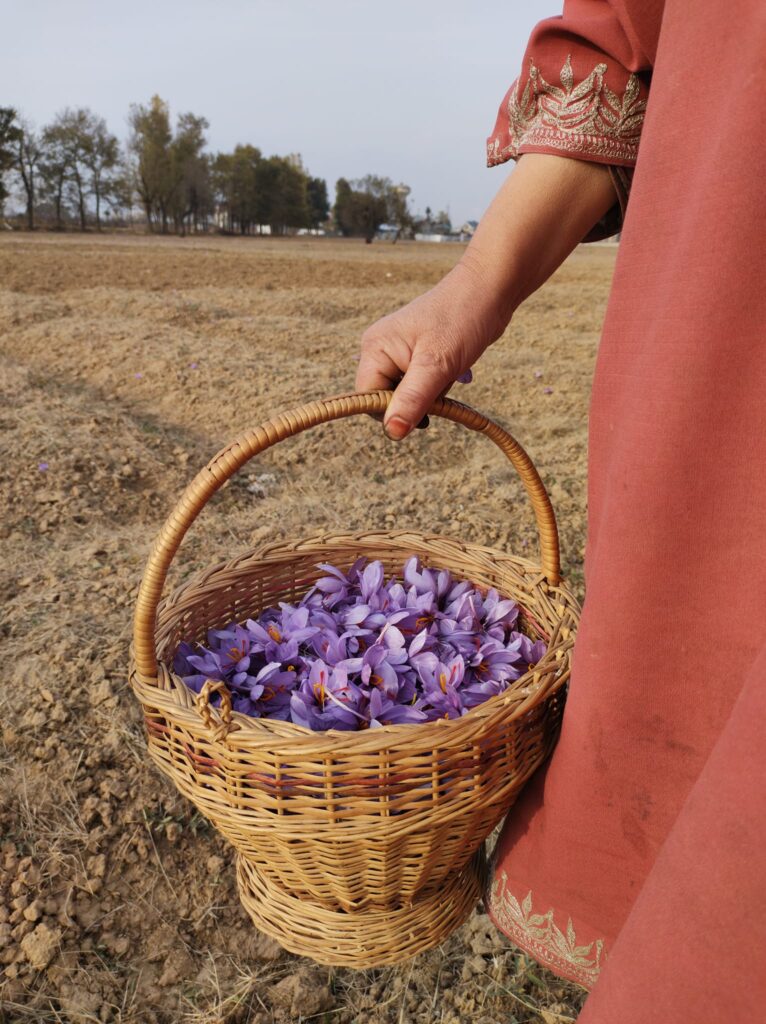
Hand-Collected & Crafted with Tradition
Using traditional harvesting and crafting techniques, our products maintain their natural nutritional value and renowned health benefits.
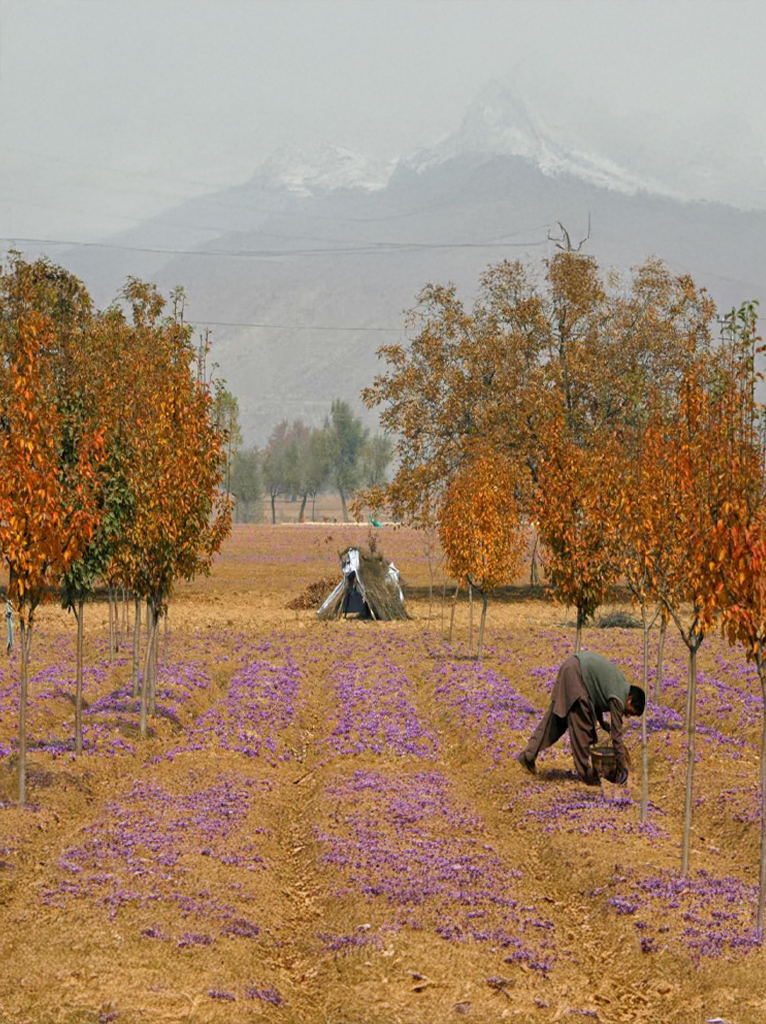
Sourced from Kashmir’s Finest Quality
Our products are made from only the finest authentic ingredients, harvested from the heights of the Karakoram Mountains to the fields of Pampore.
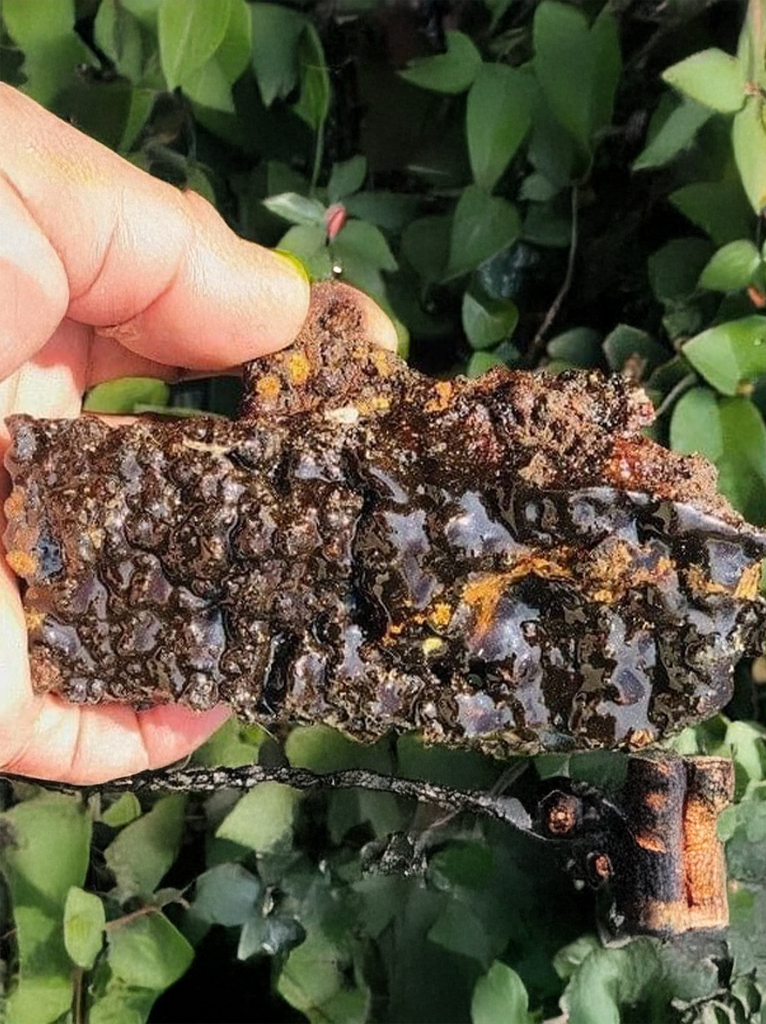
Rare & Unique Ingredients
Found only in Kashmir and born of Kashmiri culture and heritage, our distinct ingredients long have been renowned for their medicinal and healing properties.
Our Ingredients
Why Choose Us ?
Ethical Sourcing
Supporting local businesses, farmers and craftsmen with a focus on equitable and sustainable practices.
Premium Quality
Every product is sourced, checked and certified to meet the highest quality standards.
Pure & Authentic
Our products are made from only authentic Kashmiri ingredients prized for their purity and harvested from the largely untouched region of Kashmir.




